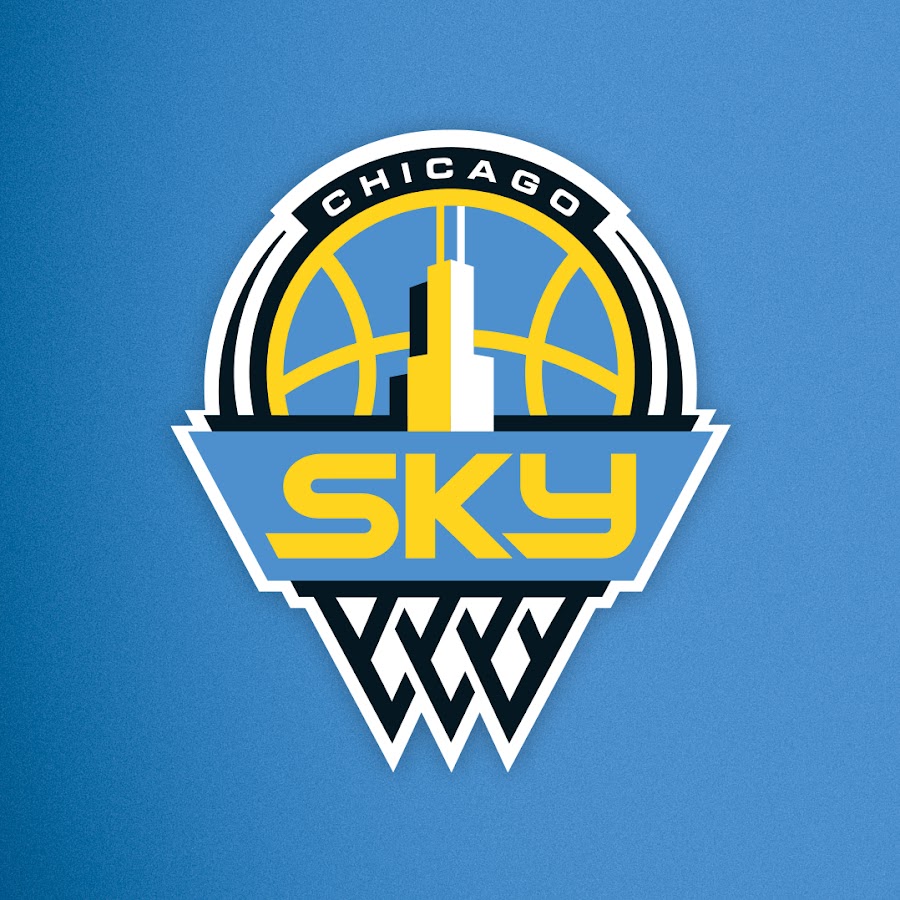By: Brock Vierra
For some unknown reason, the movie Moneyball continues to pop up on whatever device I’m using at the time. The Brad Pitt film explores how Oakland A’s GM Billy Beane built a winner with a cash-strapped roster while the big payroll culture of MLB hinders his ability to retain players and thus success. Branding “Moneyball” as the new method of building a team, Beane’s method is credited to the Red Sox’s 2004 World Series win.
I like the film, actually, I love the film. To me, it’s one of the best baseball films out there and it’s a feel-good story that has a clear protagonist that you can root for. However, the film is full of shit. They portray Oakland as a team who just lost every star they had and somehow went against all odds to make the playoffs with castoffs and spare parts. Now don’t get me wrong, the A’s got a lot of added production from Scott Hattenberg and David Justice but we can’t ignore that they had one of the best rosters in baseball. A starting rotation of Barry Zito, Tim Hudson, and Mark Mulder gives Oakland three All-Star pitchers and Zito would win the Cy Young award in 2002. They also had the best-left side in all of baseball with third baseman Eric Chavez who was a six-time Gold Glover and SS Miguel Tejada who would win an AL MVP award in 2003. They also had Jermaine Dye in the outfield, an All-Star who would be an eventual World Series MVP.
The worst part is that the A’s lost in the 2002 ALDS. They didn’t even make a playoff run and if we look at the legacy of the A’s in the Moneyball era, it isn’t great. Yes, they have 8 playoff appearances in the 21 years following the 2002 season but they also have only 1 ALCS appearance in that time which resulted in them getting swept. Moneyball doesn’t work.
Moneyball is also perceived as this major revolution in player analysis but in reality, instead of focusing on a batter’s hitting average, HRs, and RBIs, it looks at OBP. Congrats, you’ve focused on a different stat. Here’s the reality, Boston looked at players’ OBP instead of the other stats in building their roster but they also shell out major cash to win.
Moneyball is just a cute term that we like to use because it makes people feel like they are on the cusp of something new when it’s just valuing a stat that’s been around for a while. The only way to lose a ballgame is to not score. There’s no time limit in baseball so realistically, the only bad thing you can do at the plate is to record an out. An out is so valuable that you only get 27 of them per game, that a player’s ability to not record one essentially gives the team more chances to score. It’s a straightforward concept that gets blown way out of proportion. I mean pitchers get paid hundreds of millions of dollars to induce them so to have an offense built to avoid them isn’t that crazy.
My major beef with Moneyball is that it’s given owners an excuse not to spend money. Like it’s clear as day when an owner is keeping his payroll low to collect the MLB TV revenue money. It shows that a team can have some success without having to flash the cash when in reality, it’s simply not true and it’s never won anyone a title. Owners use it to act like they’re competing when they’re not. It’s not like the Oakland A’s have been a franchise without success, they have 11 World Series titles, 4 of them coming since their move to Oakland from Philadelphia, they choose not to compete. And for the Red Sox, ask fans how they feel about their franchise not resigning top players. The loss of Mookie Betts and Xander Bogaerts to the NL West hasn’t exactly gone over well with fans along with the lack of success on the field.
If we follow the money, teams that spend win. Teams that don’t lose. Moneyball isn’t real, you need top talent and just because Brad Pitt played the hell out of Billy Beane doesn’t mean a movie dictates how to build a successful baseball team. Spend the cash.


 NFL
NFL





